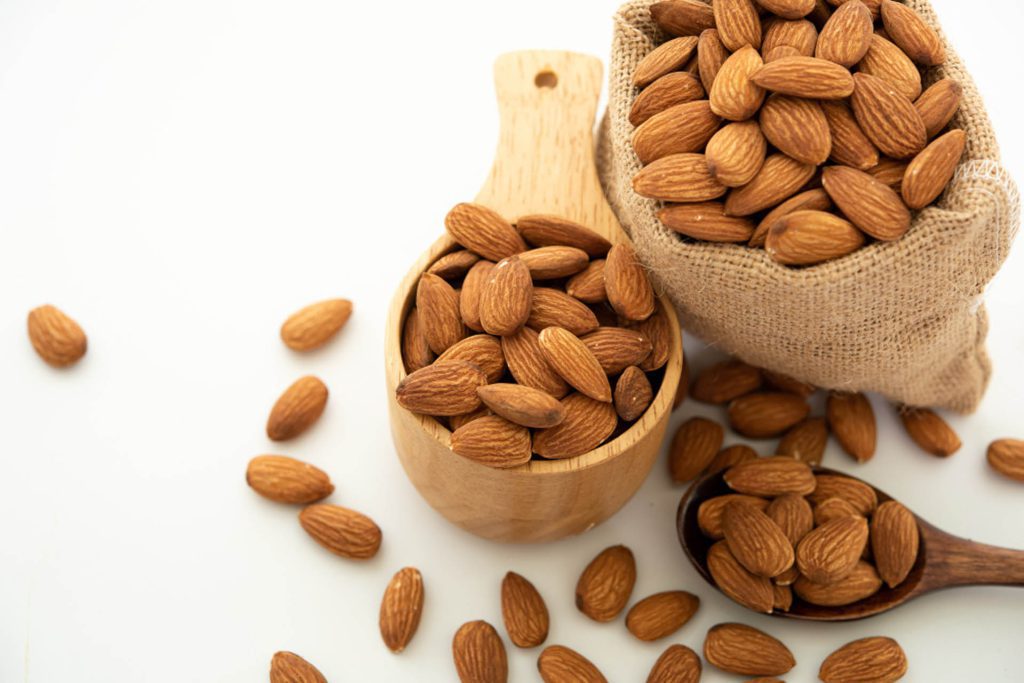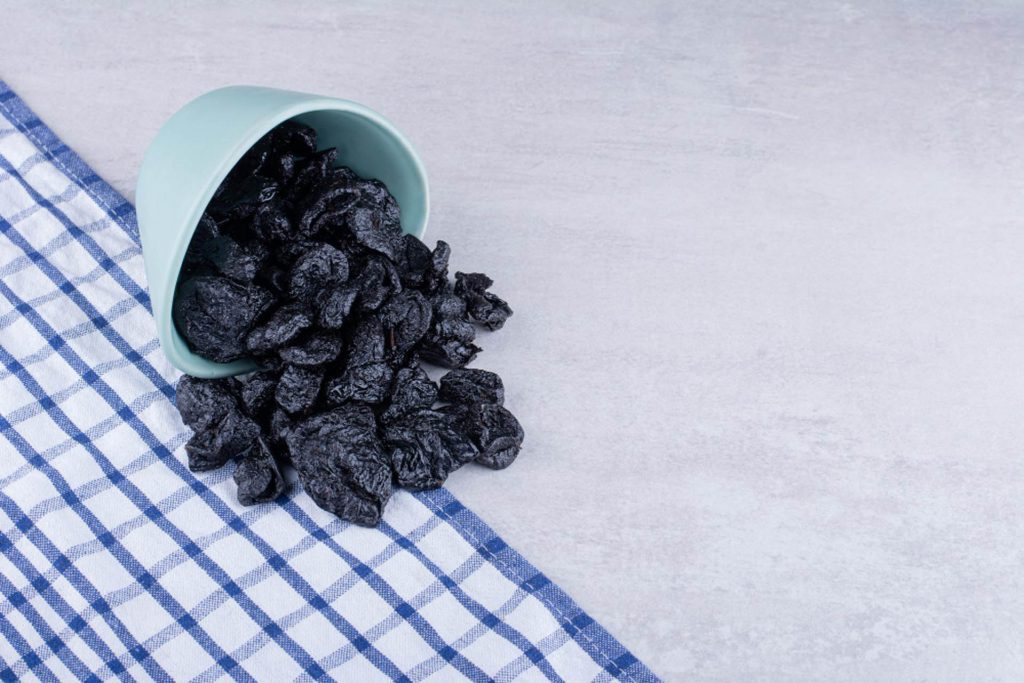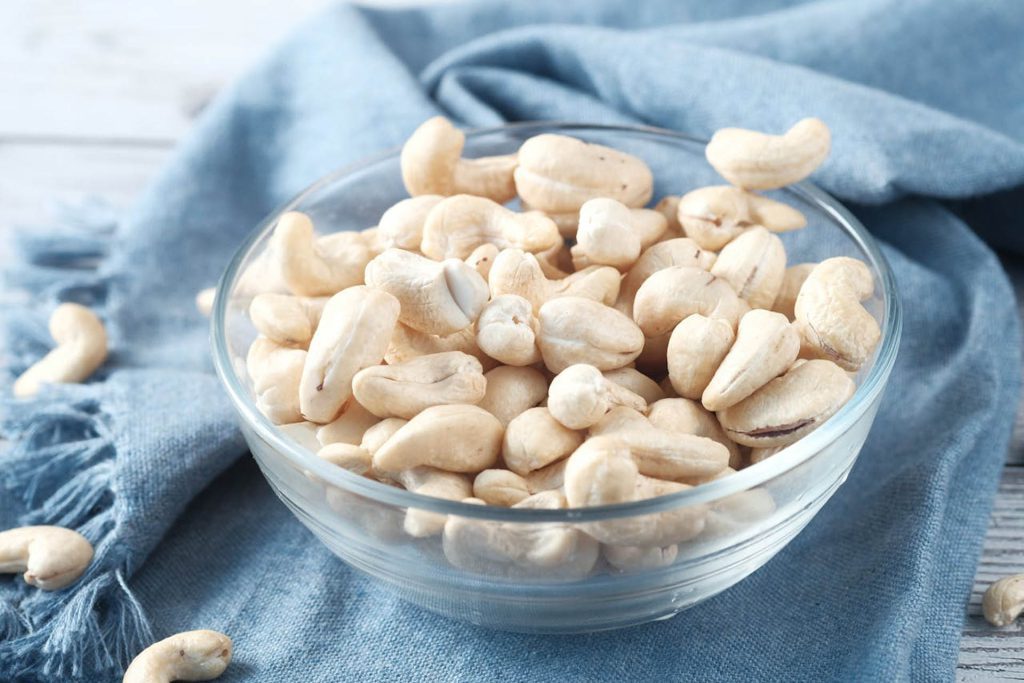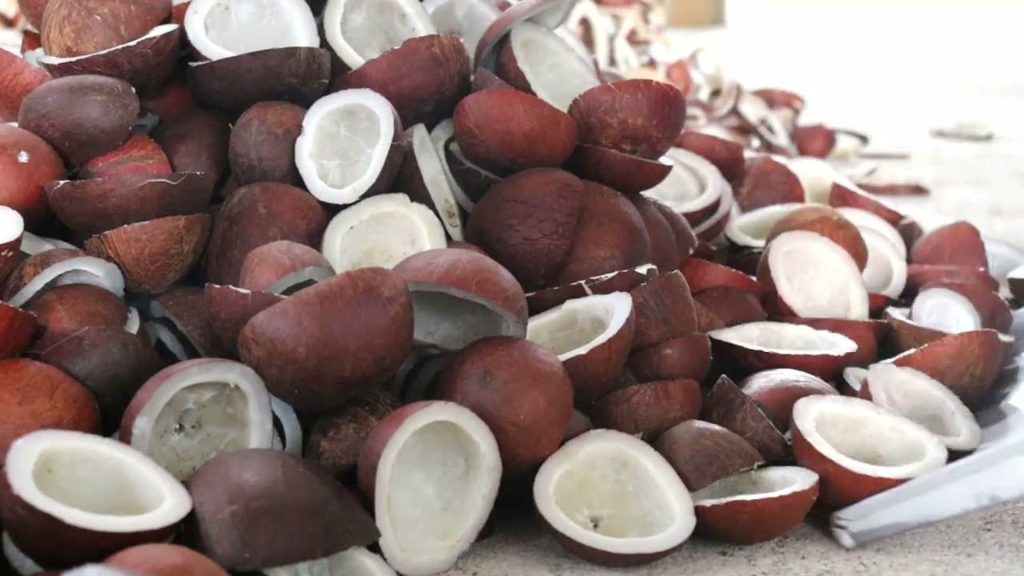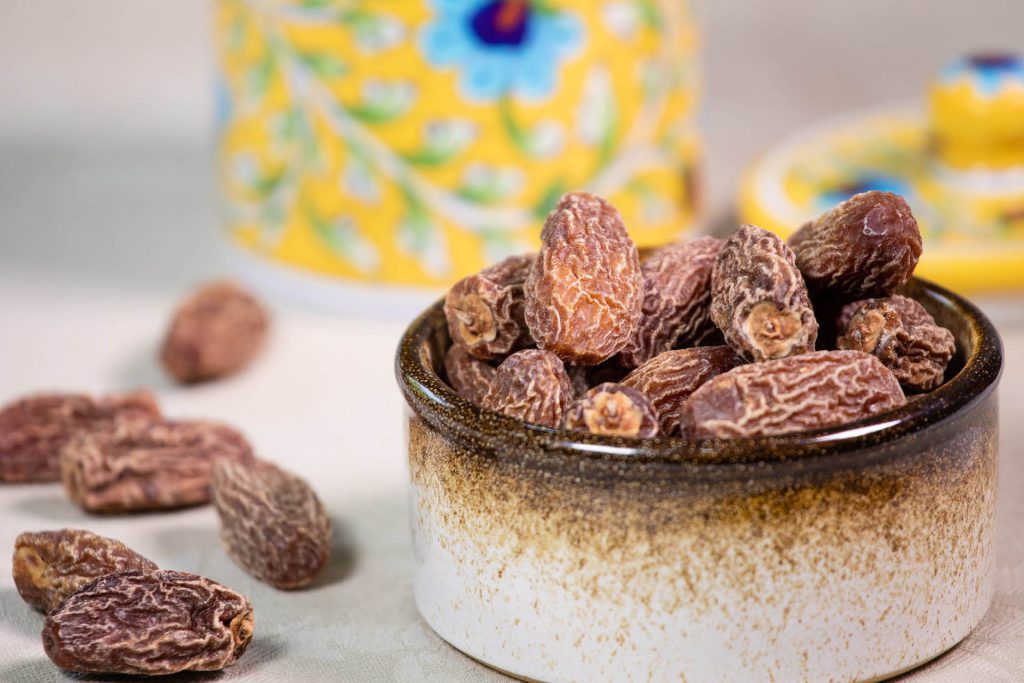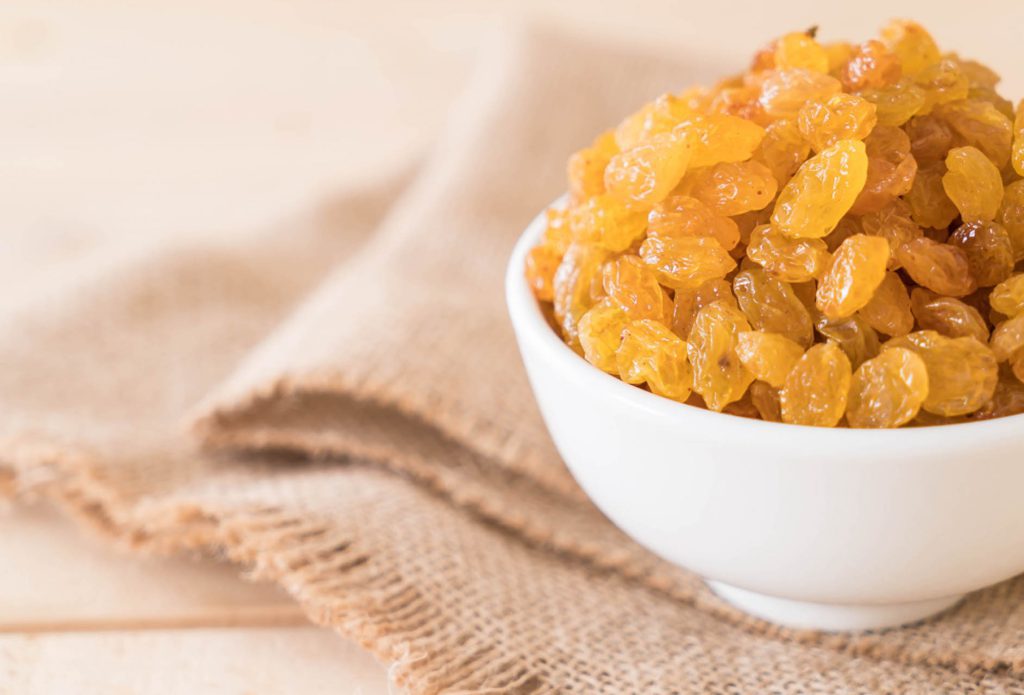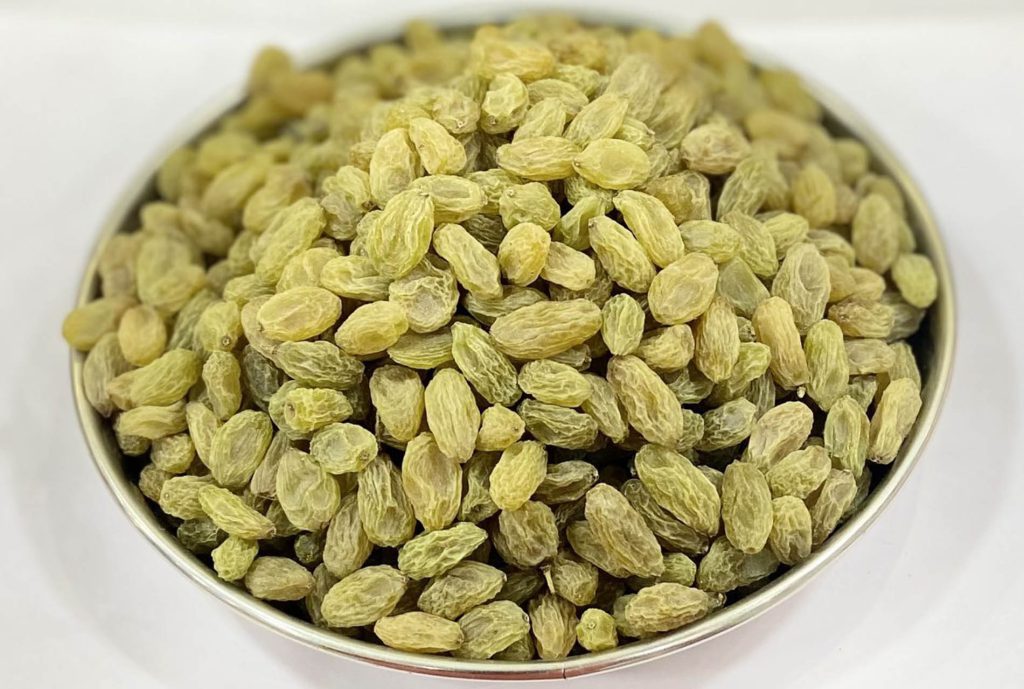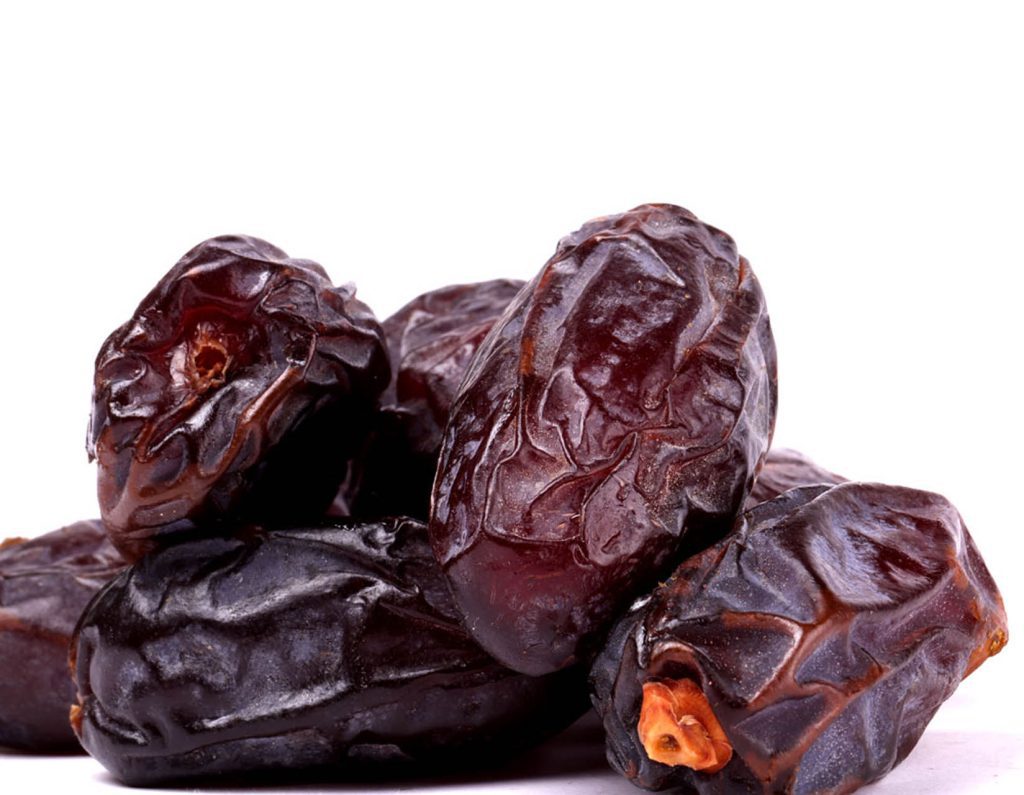It takes time to appreciate everything. Nuts like almonds and walnuts are important and great because they are rich in fiber that provides many health benefits. Even when it comes to food in this fast-paced world, you’re always looking for shortcuts. So, dried fruits and nuts can be a healthy and delicious snack for your stomach between your meals. They are highly nutritious and have many benefits in terms of protein, vitamins, dietary fiber and minerals
Almonds
Almonds are high in healthy fats, fiber, protein, magnesium and vitamin E. Some of the health benefits of almonds include low blood sugar, low blood pressure and low cholesterol which can reduce hunger on and decreased.
Almonds contain 4% water, 22% carbohydrates, 21% protein and 50% fat (Table). A standard 100-gram (3+½-ounce) amount of almonds provides 2,420 kilojoules (579 kcal) of dietary energy. Almonds are a nutrient-dense food (table), containing the vitamins riboflavin and niacin, vitamin E, and the essential minerals calcium, copper, iron, magnesium, manganese, phosphorus and zinc. Almonds are a moderate source (10–19% DV) of the B vitamin thiamine, vitamin B6, and the essential folate, choline, and mineral potassium. They are high in dietary fiber, saturated fat, oleic acid, polyunsaturated fat and linoleic acid. Commonly found in nuts and seeds, almonds are a source of phytosterols such as beta-sitosterol, stigmasterol, campesterol, sitostanol and campestanol.
Black Raisins
Black raisins are packed with antioxidants that can help combat the signs of aging and detoxify our blood. Black currants can improve hair health such as reducing hair thinning and premature graying. Black raisins can control high blood pressure due to their high potassium content. Grapes are composed of 15% water, 79% carbohydrates (including 4% fiber), 3% protein and free fat. A reference amount of raisins for 100 g provides 299 kcal and a moderate amount (10–19% DV) of daily value for several dietary minerals, riboflavin and vitamin B6
Cashew Nuts
Cashew nuts are high in fiber, protein and healthy fats. It contains a variety of health-protecting and beneficial vitamins, minerals, and plant extracts. Like nuts, cashews can promote weight loss, blood sugar control and heart health. however, less research is done on cashews than on other fruits. Raw cashews consist of 5% water, 30% carbohydrates, 44% fat and 18% protein (Table). At a reference dose of 100 grams, raw cashews provide 553 kcal, 67% daily value (DV) in total fat, 36% DV in protein, 13% DV in dietary fiber, and 11% DV in carbohydrates Cashews are a rich source of dietary minerals (DV 20% or more). contain manganese, phosphorus, and magnesium (79–110% DV), thiamin, vitamin B6, and vitamin K (32–37% DV))[33]. Iron, potassium, zinc, and selenium are among the most important elements (14–61% DV).[33] Cashew nuts (100 g, raw) contain 113 mg (1.74 g) of beta-sitosterol.
Coconut (Copra)
Dried nuts contain healthy fats, fiber, vitamins and minerals. It can improve nutrition, boost the immune system, improve heart health, and boost energy. Copra is usually harvested and ground, then boiled in water to extract the coconut oil. It was used by Pacific Island cultures and became a valuable trade item for merchants in the South Sea and South Asia in the 1860s. Currently coconut oil (70%) has been extracted by crushed copra; The resulting product is called copra cake or copra meal (30%).The coconut cake left after the oil is extracted contains 18–25% protein, but contains enough dietary fiber that humans would not consume much but often it is food for reptiles.
Dry Dates
Dried dates contain a lot of iron. Iron deficiency is common, and many people who are iron deficient in their diets are prone to fatigue. The combination of high iron content and carbohydrates in dried dates can provide helpful energy. On average, dates contain 21% water, 75% carbohydrates (63% sugars, 8% dietary fiber), 2% protein and less than 1% fat. A 100-gram (3+½ oz) serving of dates provides 1,180 kilojoules (280 kcal) of dietary energy and consists of pantothenic acid, vitamin B6, and the dietary minerals magnesium, . manganese, potassium and low doses with other micronutrients. Glucose makes up 55% of the sugar in dates, while fructose makes up 45% and sucrose is negligible. 2011 study showed that the glycemic index (GI) of five different days from 46–55, While the 2002 report showed GI values ranging from 31–50, the results show that sleep is the lowest GI food source. Like many other fruits, dates contain measurable amounts of calcium oxalate.
Golden Raisins
The benefits of dried or dried grapes can be attributed to its minerals, vitamins and proteins. They can reduce constipation, help manage high blood pressure, and reduce cancer risk. High in natural sugars, it also promotes healthy weight gain. Grapes are composed of 15% water, 79% carbohydrates (including 4% fiber), 3% protein and free fat (Table). A reference amount of raisins for 100 g provides 299 kcal and a moderate amount (10–19% DV) of daily value for several dietary minerals, riboflavin and vitamin B6
Green Raisins
The main properties of green figs are many, such as curing anemia, preventing cancer, improving digestion, preventing hair loss, improving skin diseases, relieving joint pain release, adjusts body pH, reduces glaucoma, improves eye health and improves energy
Grapefruit is produced by drying commercially harvested grapes. To dry the grapes, the juice is completely removed from the cells to the surface where droplets can evaporate but this spreading is very difficult because there is wax in the skin, preventing water loss. The three steps in commercial fig production are pre-processing, drying and post-drying methods.
Pistachio
High in unsaturated fats and potassium. Both have anti-inflammatory and anti-inflammatory qualities. Your chances of developing heart disease can be reduced. Pistachios are full of fiber, minerals and unsaturated fats that can help control your blood sugar, blood pressure and cholesterol. Raw pistachios contain 4% water, 45% fat, 28% carbohydrates and 20% protein. A 100-g reference amount of pistachios provides 2,351 kilojoules (562 kcal) of dietary energy and is a rich source of protein, dietary fiber, polyunsaturated fats, and high (20% or higher) B vitamins (daily value or DV) of thiamine (76% DV). and vitamin B6 (131% DV). Pistachios are moderate sources of calcium, riboflavin, vitamin B5, folate, vitamin E, and vitamin K (10–19% DV).
Walnuts
Walnuts are rich in nutrients. They provide healthy fats. Walnuts can help with gut and heart health. They help lower blood pressure. They can provide brain health benefits. Walnuts protect against cancer. They play a role in weight management. Walnuts can improve sperm health. Walnut flesh comes in two forms: in their shells or without shells. Due to the processing of meat, it can be whole, half or small pieces. Whole fruits can be eaten on their own (dried, mashed, or dried), or as part of a mixture such as muesli, or as a condiment: e.g. Walnut soup, walnut pie, walnut coffee cake, banana cake, brownies and fudge. Walnuts are usually candied or pickled. Whole-nut roasted walnuts can be sweet or savory depending on the preservation solution.
Wet Dates
Dates are extremely nutritious. Vigorous hydration helps. High levels of antioxidants. Improves brain function. it facilitates natural working. Reduces risk of cancer. Prevent microbial pathogens. It helps fight diabetes. On average, dates contain 21% water, 75% carbohydrates (63% sugars, 8% dietary fiber), 2% protein and less than 1% fat. A 100-gram (3+½ oz) serving of dates provides 1,180 kilojoules (280 kcal) of dietary energy and is composed of pantothenic acid, vitamin B6, and the dietary minerals magnesium, manganese, potassium and low doses with other micronutrients.

